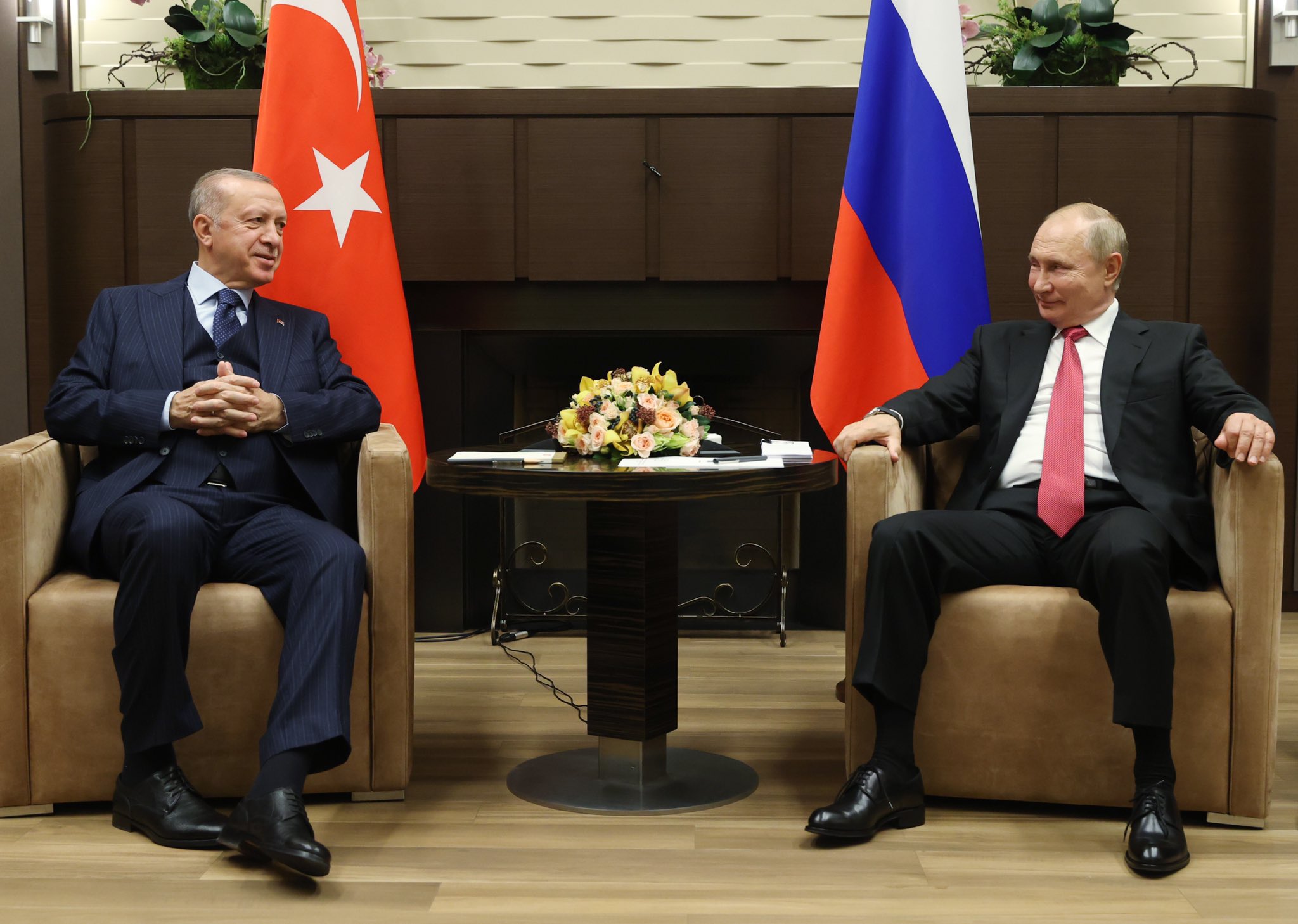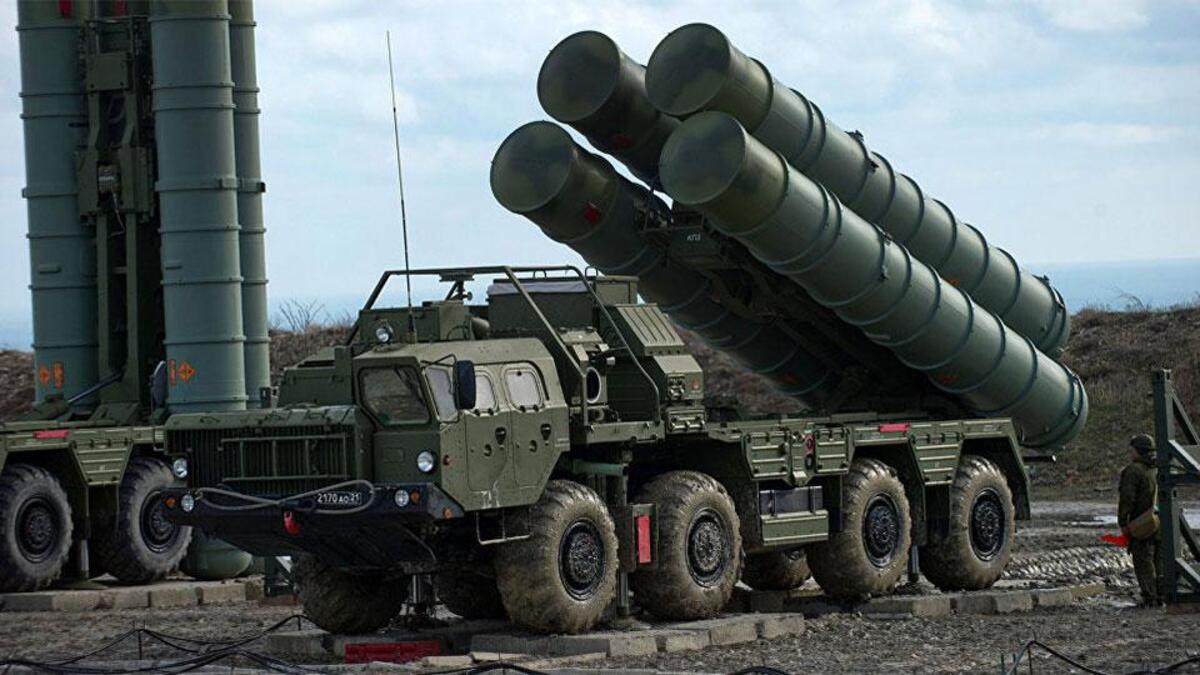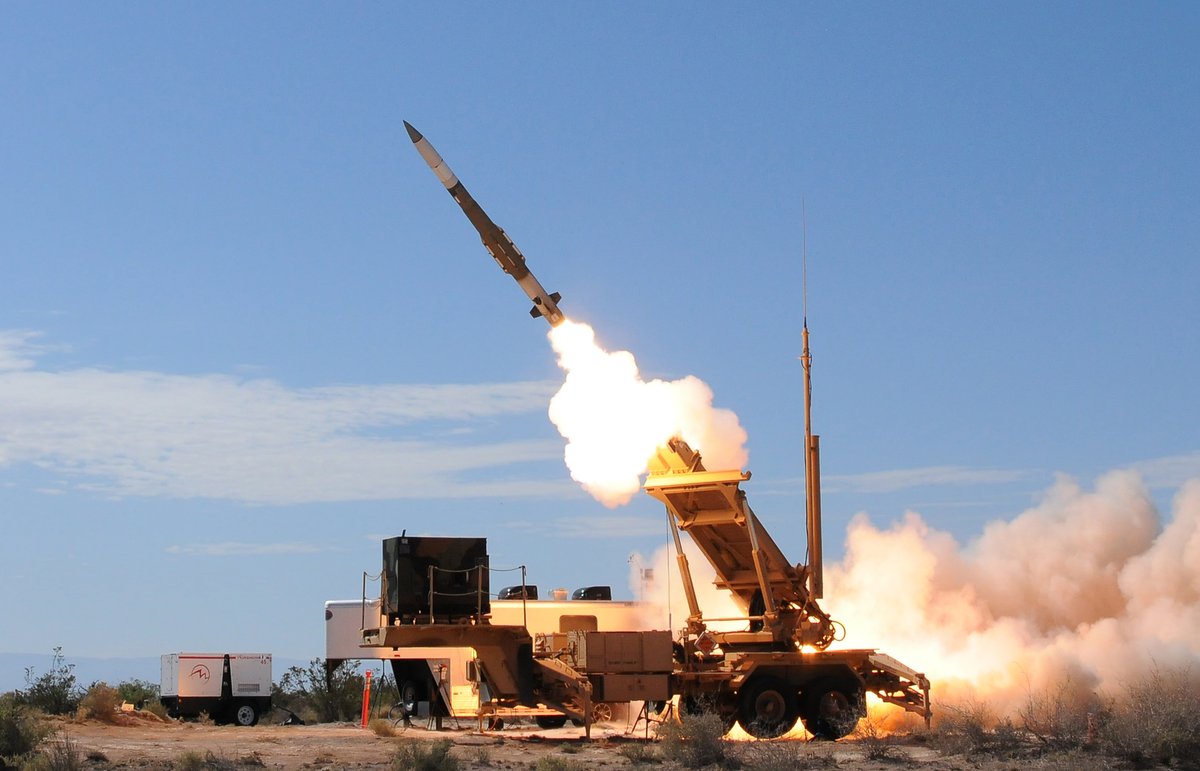Turkey, a NATO member, is facing severe US pressure over its purchase of the Russian S-400 missile system. Washington and its allies have been trying to persuade Ankara to cancel an upcoming deal for a second batch of the air defense system.
Korean Crisis: Why France Is Likely Help South Korea Go Nuclear Amid North Korean Missile Launching Spree?
After his meeting with Russian President Vladimir Putin in Sochi recently, Turkish President Recep Tayyip Erdogan confirmed that Ankara still intends to buy a second batch of S-400 Triumf missile batteries.
Meanwhile, NATO Secretary-General Jens Stoltenberg has once again reiterated that the military alliance will continue its efforts to have Turkey acquire an alternative to Russia’s S-400 missile system.
“We have also tried to find alternative solutions,” Stoltenberg said, noting the US Patriot missile and the Franco-Italian Aster system have been offered as options. “So far, we have not succeeded in that but we will continue, and we also work on these issues as an alliance.”

US President Joe Biden and Recep Tayyip Erdogan had discussed this multibillion-dollar Patriot deal at the NATO headquarters in June this year, but no consensus was reached between them.
At the end of the NATO conference, Biden was quoted as saying that the meeting with Erdogan was productive and that he was confident the US will make “real progress with Turkey”. The reality, albeit, has been far from it.
Erdogan’s stance on his deal with Russia remains unchanged. “Nobody can interfere with that. We are the only ones to make such decisions,” he said in an interview that aired on CBS News-Face the Nation.
A Formidable Rival Of F-35 Stealth Fighter Jets, Saab Gripen’s ‘One Big Drawback’ Impeding Its Sales
This is not the first time Turkey has been offered the American Patriot or the Franco-Italian Astra Missile System. In 2019, when Turkey had its first batch of S-400 delivered despite several warnings of sanctions from Washington and its NATO Allies, the US State Department had then too offered to sell Raytheon’s Patriot missile system.
Since 2013, Ankara has kept declining the offer. And this has all to do with the US not being willing to provide a transfer of the system’s sensitive missile technology and joint production terms in the contract.
President Erdoğan meets with President Putin of Russia https://t.co/vXVPGrbNNA pic.twitter.com/0tzOHh0Fqs
— Turkish Presidency (@trpresidency) September 29, 2021
Turkey’s defiant purchase and adamancy against Washington’s concern of the security of F-35 being compromised is adding to the rift. Washington has maintained that the S-400s pose a threat to its F-35 fighter jets and to NATO’s broader defense systems.
Turkey, in response, has repeatedly rejected this saying that S-400s will not be integrated into NATO systems and purchasing them was a necessity as it was unable to procure air defense systems from any NATO ally on satisfactory terms.
Why Is Turkey Buying S-400?
Unsuccessful negotiations with the NATO allies and the presence of some serious weaknesses in Turkey’s air defense have made procurement of S-400 an immediate necessity.
The ambiguous and conflicting relations with Iran, Greece, and Syria besides its domestic turmoil (coup attempts) meant that Turkey requires a secure ground-based air defense system to counter threats from hostile neighbors.
After the failure to strike a contract with China for a missile system in 2013, Turkey found the S-400 as the last option.
The S-400 Triumph is an air defense missile system developed by Almaz Central Design Bureau of Russia. It is an upgrade of the S-300 series of the surface-to-air missile system and entered service in April 2007 with the first S-400 deployed in combat in August 2007.

The Triumph comprises anti-aircraft missile systems, autonomous detection and targeting systems, multifunction radar, launchers, and command and control center with the capability of firing three types of missiles subsequently creating a layered defense.
Besides the Russian Armed Forces and Turkey, India and China have also purchased S-400. Two regiments of the S-400 Triumph system were supplied to China in July 2019. Moscow had signed a contract with India for S-400 missile systems in October 2019; the deliveries will begin by the end of this year.
US Patriot Missiles
Developed by US defense firm Raytheon, the Patriot (MIM-104) is a long-range, all-altitude, all-weather SAM to counter tactical ballistic missiles, cruise missiles, and advanced aircraft.
With Lockheed Martin as the primary contractor and Raytheon as the systems integrator, the missile guidance system of Patriot enables target destruction through the kinetic energy released by hitting the target head-on. As many as 16 Patriot Advanced Capability (PAC)-3 missiles can be loaded on a launcher, compared to four PAC-2 missiles.

Raytheon’s Patriot is in service throughout the US, United Arab Emirates, Saudi Arabia, Qatar, Kuwait, Israel, Germany, Greece, Japan, the Netherlands, Korea, Poland, Sweden, Spain, Taiwan, and Romania.
The European Aster Missile
Named after the Greek translation of the word “Star”— Turkey has been offered this missile system conceived by Eurosam, a consortium of MBDA and Thales.
This consortium was founded to defend warships from enemy aircraft and sea-skimming cruise missiles at short range in the 1990s. Currently, Aster missiles are used in the launch cells of warships including the Royal Navy’s Type 45 destroyers and France’s Horizon-class frigates.
Aster 30 supplements the short-range Aster 15 variant at sea and can also be deployed on a land-based launcher – the SAMP/T (Surface-to-Air Medium-Range/Land-based), replacing dated Crotale SAMs and I-Hawk.

The latest Aster-30 Block 1NT that is said to straddle the capabilities of the Patriot can intercept aircraft (up to 75 miles away), tactical and short-range ballistic missiles, as well as low-flying drones, cruise missiles and aircraft.
It is still not clear where and when Ankara hopes to deploy the Russian systems and what any possible scenario for their ultimate use will be. But amid Ankara’s regressing ties with the US and its European allies and reports of Moscow using S-400 to pressure Turkey, the latter is caught between the devil and the deep blue sea.
- Safiya Khanam is a Muscat-based journalist with a deep interest in Geopolitics, Defense, and Foreign Affairs. She can be reached at khansafiya98@gmail.com
- Follow EurAsian Times on Google News




